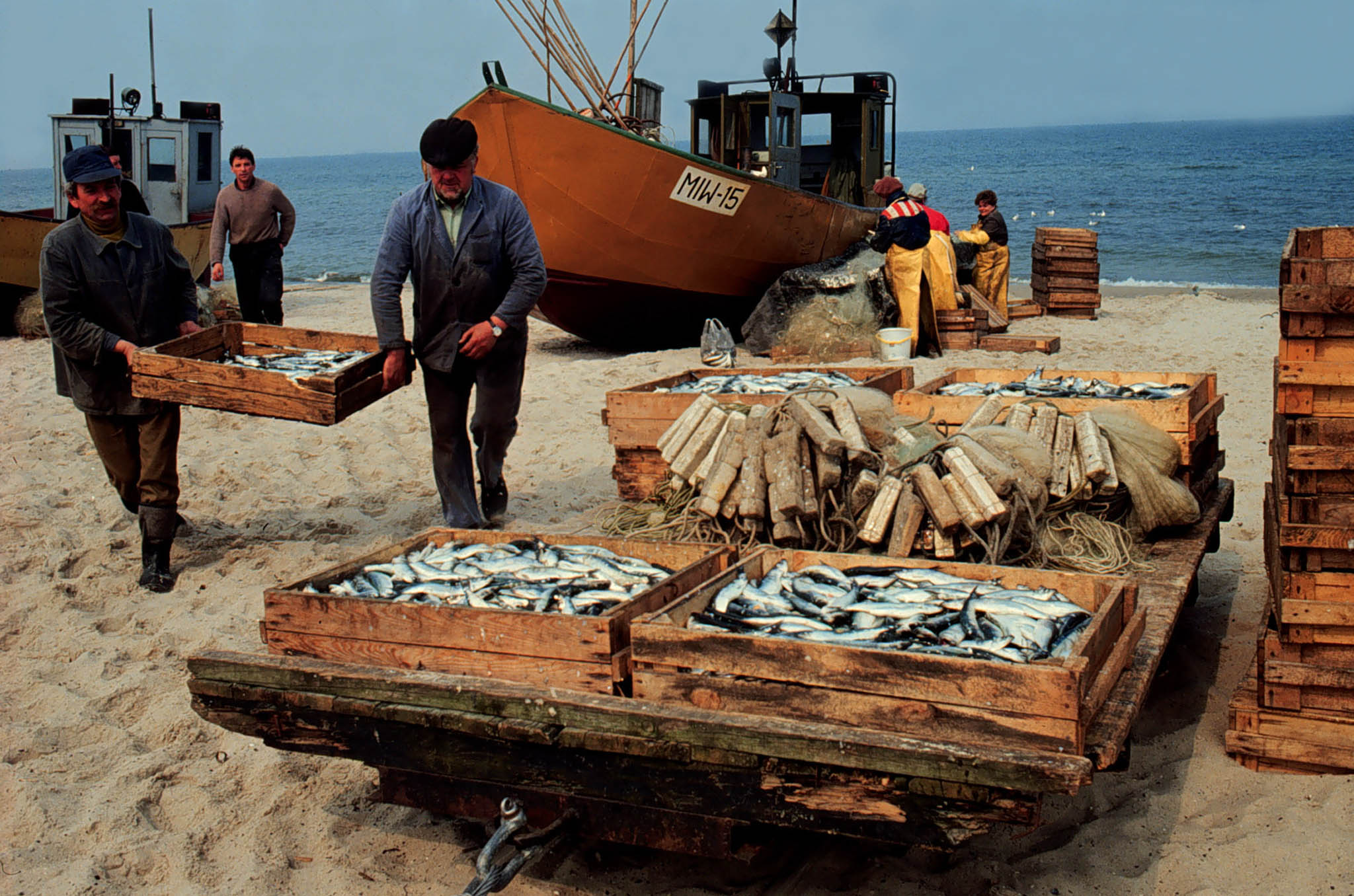CBS NEWS
Muslim rift visible in Arab summit attendance
by CBNews.com
Updated at 2:16 p.m. ET
(AP) BAGHDAD – Fewer than half the leaders of the Arab world showed up at an Arab summit in Baghdad on Thursday, a snub to the Iraqi government, but the leaders agreed on an appeal to Syria’s regime to stop its bloody crackdown on opponents..
As the summit opened in a former palace of ousted Iraqi dictator Saddam Hussein, the powerful Sunni monarchs of Saudi Arabia, Qatar, other Gulf nations and Jordan and Morocco were absent.
The only ruler from the Gulf to attend was the emir of Kuwait, Sheik Sabah Al Ahmad Al Sabah, whose attendance was significant because Saddam Hussein invaded Kuwait in 1990 and occupied it for nearly seven months before a U.S.-led coalition drove his army out. Relations between the two neighbors have been fraught with tension since and even after Saddam’s 2003 ouster. Sheik Al Sabah’s attendance should cap recent improvement in relations.
The one-day summit ended with a call on Syria’s embattled regime to “immediately implement” proposals put forward by joint U.N.-Arab League envoy Kofi Annan to end the deadly year-long conflict. The summit’s final communique said that the Arab leaders fully support the “legitimate aspirations of the Syrian people to democracy and freedom and their right to determine their future.”
The plan calls for Damascus to immediately stop troop movements and use of heavy weapons in populated areas and to commit to a daily two-hour halt in fighting to allow humanitarian access and medical evacuations. It includes a full cease-fire to be supervised by the U.N. so that all parties can discuss a political solution.
In his first comments on Annan’s plan, Assad says Syria will “spare no effort” to ensure the mission’s success, according to the state news agency. Assad said Annan must also get a commitment from armed groups to cease their “terrorist acts” against his government.
Speaking at the post-summit news conference, Arab league chief Nabil Elaraby suggested that the Annan plan was Assad’s last chance for a diplomatic solution to the conflict, which the U.N. says has killed at least 9,000 people.
“Assad was given more than one chance. The issue is now with the United Nations and the Security Council,” said Elaraby. “The ball is now in Syria’s court. It will have to act positively.”
One reason for the absences was the Gulf leaders’ deep distrust of Iraq’s Shiite-dominated government, which they believe is a proxy for Iran. In unusually direct remarks, Qatar’s prime minister said the lower representation was to protest what he called the Baghdad government’s marginalization of Iraq’s Sunni Muslim minority.
“60 Minutes” | Qatar: A tiny country asserts powerful influence
Video: Watch the full “60 Minutes” segment
Qatar? Easy for you to say…
Another reason was the bitterness surrounding the main issue hanging over the summit — the conflict in Syria — on which Iraq has taken an ambivalent stand.
Iraq’s foreign minister, Hoshyar Zebari, remained upbeat. He told a news conference at the end of the summit: “We are very comfortable with the level of representation considering the present conditions (in Iraq). The most important thing is that all Arab states participated. It was a historic summit.”
He, however, reacted angrily when asked about the representation of Saudi Arabia and Qatar by their ambassadors to the Arab League in its Cairo headquarters.
“We are not concerned, we are not bothered as long as they came.”
Arab leaders in the Gulf want tough action to stop the Syrian regime’s bloody crackdown on the opposition, with their eye on ultimately bringing down President Basher Assad. If Assad goes, they hope, they can break Sunni-majority Syria out of its alliance with Iran. However, Iraq, which also has close ties to Iran, has resisted any strong measures by the Arab League on Syria, with Zebari saying he was opposed to foreign intervention there.
Special Section: The Arab Spring
2 Syrian colonels killed by gunmen
Iran, world powers bicker over nuke talks venue
The summit is the first held by the 22-member League since the Arab Spring revolts began sweeping through the region more than a year ago. The turmoil forced the cancellation of last year’s summit. Since then, four perennials of the summit have been swept from the scene — Egypt’s Hosni Mubarak, Yemen’s Ali Abdullah Saleh, Tunisia’s Zine El Abidine Ben Ali and Libya’s Muammar Qaddafi.
The new leaders of Tunisia and Libya were among the 10 heads of state who attended, but Egypt and Yemen sent lower-level figures, a reflection of the domestic turmoil still roiling those nations.
The summit will also be remembered for an extraordinary precedent. Iraqi President Jalal Talabani became the first non-Arab to chair an Arab League summit. Talabani, a Kurd who speaks fluent Arabic and is well versed in Arab culture, has been a father figure to Iraqis since the ouster of Saddam Hussein in 2003, often acting as a unifier between the nation’s rival ethnic and religious factions.
Another Iraqi Kurd, Foreign Minister Zebari, chaired Wednesday’s foreign ministers’ meeting.
Iraq had hoped that hosting the summit — its first Arab summit since 1990 — would herald its return to the Arab fold after two decades of isolation. But the absences and the ability of militants to launch attacks despite a massive security operation — a mortar hit an area not far from the summit’s venue as the meeting started — suggest that Iraq may still have some way to go before it could fully return to normalcy and reintegrate into the Arab world.
.



